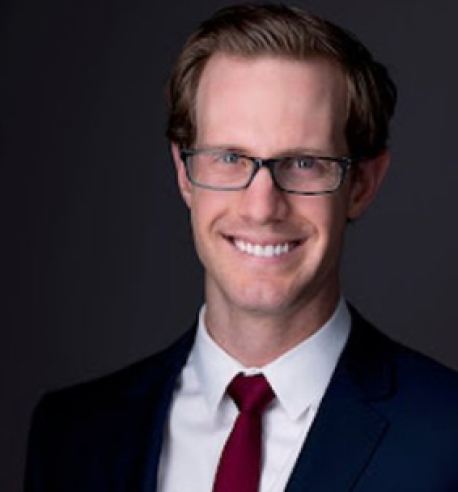Retirement can have many meanings. For some, it will be a time to travel and spend time with family members. For others, it will be a time to start a new business or begin a charitable endeavor. Regardless of what approach you intend to take, here are nine things about retirement that might surprise you.
- Many consider the standard retirement age to be 65. One of the key influencers in arriving at that age was Germany, which initially set its retirement age at 70 and then lowered it to age 65.1
- Every day between now and the end of the next decade, another 10,000 baby boomers are expected to turn 65. That’s roughly one person every eight seconds.2
- The 65-and-older population is one of the fastest growing demographics in the United States. In 2019, there were 54.1 million Americans aged 65 and older. That number is expected to increase to 80.8 million by 2040.3
- Ernest Ackerman was the first person to receive a Social Security benefit. In March 1937, the Cleveland streetcar motorman received a one-time, lump-sum payment of 17¢. Ackerman worked one day under Social Security. He earned $5 for the day and paid a nickel in payroll taxes. His lump-sum payout was equal to 3.5% of his wages.4
- Seventy-seven percent of retirees say they are confident about having enough money to live comfortably throughout their retirement years.5
- The monthly median cost of an assisted living facility is $4,500, and seven out of ten people will require extended care in their lifetime.2
- Sixty-four percent of retirees depend on Social Security as a major source of their income. The average monthly Social Security retirement benefit at the beginning of 2022 was $1,614.5,6
- Centenarians – in 2020 there were 92,000 of them. By 2060, this number is expected to increase to 589,000.7
- Seniors age 65 and over spend over four hours a day, on average, watching TV.8
CONCLUSION

These stats and trends point to one conclusion: The 65-and-older age group is expected to become larger and more influential in the future. Have you made arrangements for health care? Are you comfortable with your investment decisions? If you are unsure about your decisions, maybe it’s time to develop a solid strategy for the future.


